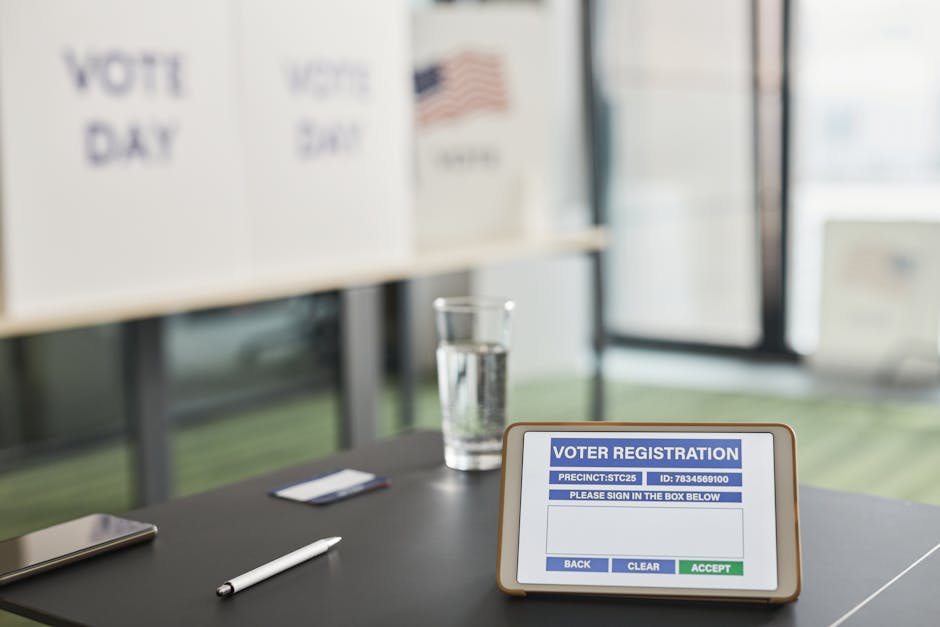Distrust in government is a recurring theme throughout history, manifesting in varying intensities across different nations and eras. This phenomenon, far from being a trivial matter, significantly impacts political stability, economic development, and social cohesion. Understanding its origins requires a nuanced examination of several interacting factors, ranging from individual experiences to systemic failures.
A crucial element contributing to governmental distrust stems from perceived discrepancies between rhetoric and reality. Political leaders often employ powerful language, promising solutions to complex problems and articulating grand visions for the future. However, when these promises remain unfulfilled, or worse, when actions contradict stated intentions, a profound sense of betrayal can take root among the citizenry. This is particularly acute when issues of social justice, economic inequality, or environmental protection are involved. Citizens witness continued disparities despite assurances of change, fostering cynicism and disillusionment with the political process.
Transparency, or the lack thereof, plays a significant role in shaping public opinion. Governments operate with considerable power, making decisions that directly affect the lives of individuals. When these processes occur behind closed doors, with limited public scrutiny, suspicion naturally arises. Secrecy, especially when surrounding matters of significant public interest, fuels speculation and distrust. This lack of transparency extends beyond mere secrecy; it encompasses a broader failure to communicate clearly and honestly with the public. Complex policy decisions, often requiring expert knowledge, can be presented in a confusing or opaque manner, leaving citizens feeling alienated and uninformed. Consequently, the perception of government as a remote, unaccountable entity solidifies.
Governmental failures, especially those with severe consequences, can severely damage public trust. Examples range from mishandling of public health crises to economic mismanagement leading to widespread financial hardship. Such events not only generate immediate anger and resentment but also raise fundamental questions about competence and integrity. The inability of governments to effectively respond to challenges, compounded by a perceived lack of accountability for past mistakes, erodes public confidence in their capacity to govern effectively. This erosion is particularly damaging when the failures disproportionately impact marginalized communities, further exacerbating existing societal divisions and fueling resentment.
The role of media in shaping perceptions of government is undeniable. While a free and independent press is vital for holding power accountable, biased or sensationalized reporting can contribute to public distrust. The rise of social media has further complicated the information landscape, creating echo chambers where misinformation and conspiracy theories can proliferate unchecked. Citizens exposed to consistently negative or biased narratives about government are more likely to develop deeply ingrained distrust, irrespective of the factual accuracy of the information presented. Furthermore, the proliferation of “fake news” and deliberately misleading information poses a significant challenge to informed public discourse, making it increasingly difficult to discern truth from falsehood.
Another significant factor contributing to distrust is the perception of political corruption. Allegations or proven instances of bribery, embezzlement, cronyism, and other forms of misconduct undermine public faith in the integrity of government institutions. Such actions not only violate ethical standards but also directly contradict the principles of fairness and equal opportunity upon which legitimate governance rests. When corruption is perceived to be systemic, pervasive, and unpunished, the consequences are particularly dire, as citizens lose faith in the ability of government to serve the public good. This is compounded when those responsible for upholding the law appear to be complicit or unwilling to address corruption effectively.
The increasing polarization of political discourse further contributes to the erosion of public trust. The hardening of ideological positions, combined with the rise of partisan media outlets, fosters an environment of animosity and mistrust. Citizens increasingly view those holding opposing political views not just as opponents but as adversaries, contributing to a climate of suspicion and hostility that extends to the institutions they represent. This division makes constructive dialogue and compromise exceedingly difficult, impeding effective governance and fueling further cynicism among the public.
Ultimately, rebuilding public trust requires a multi-faceted approach. Governments must prioritize transparency, accountability, and effective communication. They need to demonstrate a commitment to tackling systemic problems, addressing inequalities, and ensuring that the voices of all citizens are heard. A robust and independent media is crucial in holding power accountable, while promoting media literacy can help citizens navigate the complexities of the contemporary information landscape. Furthermore, fostering a more inclusive and less polarized political culture is essential for rebuilding the social capital necessary for effective governance and a healthy democracy. Addressing the root causes of distrust requires a sustained and concerted effort from all stakeholders, including government officials, the media, and citizens themselves. The future of democratic societies hinges on the ability to bridge this growing gap between citizens and the institutions they are meant to serve.
